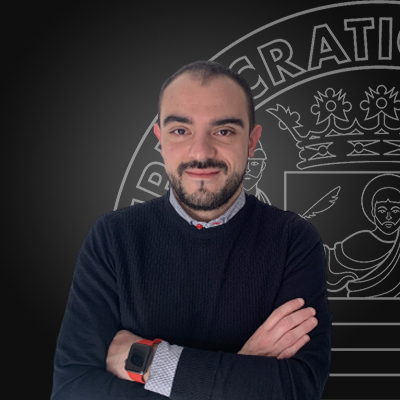Research
More information about our research topics in the dedicated section!


The course aims to provide essential knowledge of Software Engineering, emphasizing processes, activities, deliverables, analysis and design methods, modeling languages, and verification and validation techniques for software development.


The course aims to provide essential knowledge of Software Engineering, emphasizing processes, activities, deliverables, analysis and design methods, modeling languages, and verification and validation techniques for software development.

The course aims to provide essential knowledge of Software Engineering, emphasizing processes, activities, deliverables, analysis and design methods, modeling languages, and verification and validation techniques for software development.

The course aims to introduce artificial intelligence's fundamental concepts and primary applications.

The course aims to provide knowledge of object-oriented paradigm-based system development and design, emphasizing Java development.

The course aims to provide advanced knowledge of Software Engineering, with a focus on software management, maintenance, and evolution activities.

The course aims to provide knowledge on software project management in order to train young project managers aligned with PMI guidelines.

The course aims to provide knowledge of methodologies and techniques for analysis, design, and verification of artificial intelligence systems and, more specifically, in the context of complex and critical software systems.

The course introduces students to various issues related to computer science education and the methodologies and techniques for designing disciplinary pathways in secondary school.

The course aims to provide knowledge for understanding and defining metrics to evaluate and/or measure various aspects of software products.

The educational objective of the course is to provide the methodologies and techniques of software analysis, design, and reliability verification.


The course aims at overviewing quantitative and qualitative methods to conduct research. In particular, the course introduces the basics to pose research questions, identify subjects and objects of empirical experiments, setting up statistical and qualitative analyses of data, and combining multiple research methods.

The course targets fresh Ph.D. students and is meant to offer a gentle introduction into academy and the intrinsic challenges it includes, showing the main challenges that Ph.D. students will face before and after the completion of the Ph.D., providing strategies and suggestions to successfully deal with them.
Implementation and study of techniques (including those based on artificial intelligence) for the detection, refactoring, and management of quality problems in source code (e.g., code smells and architectural smells).
Study and development of methods to apply quantum technology and quantum machine learning to solving typical software engineering problems.
Development of bots and natural language processing models to support software life cycle phases and study of the impact of such bots on development and stakeholder interactions.
Use of Artificial Intelligence to solve user privacy issues within IoT systems.
Implementation and study of methodologies to (1) improve and facilitate testing activities at all stages of the software life cycle and (2) improve the quality of test code for software systems.
Use of machine learning techniques for requirements gathering and analysis activities in traditional and agile development processes.
Analysis of social interactions within software communities and development of methods to improve communication and collaboration in them.
Studies in the area of development team management designed to provide managers and team leaders with tools to improve and facilitate development processes and interactions in software communities.
Developing solutions to encourage diversity and inclusion in development activities and studying the impact such heterogeneity has on product and process aspects.
Studies on problems of discrimination by artificial intelligences and development of solutions to encourage more equitable and inclusive machine learning.


Rather than printing theses, the SeSa Lab encourages planting a tree in the SeSa Random Forest! Here is a list of thesis writers who have joined our initiative: Contributors